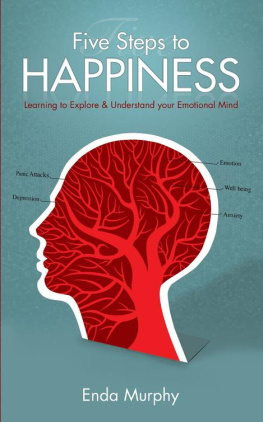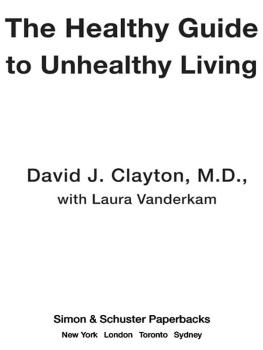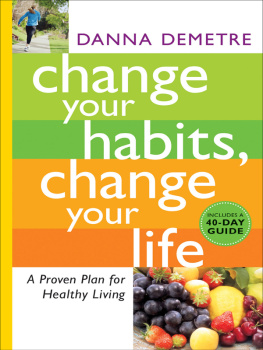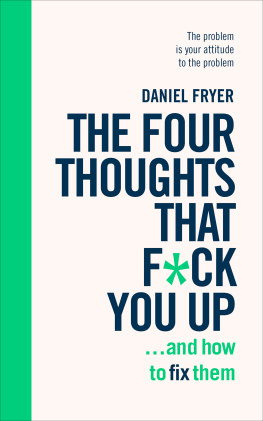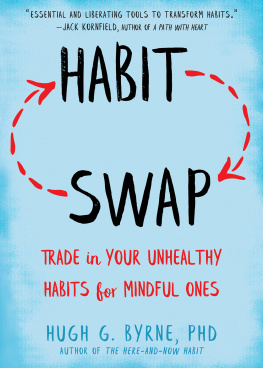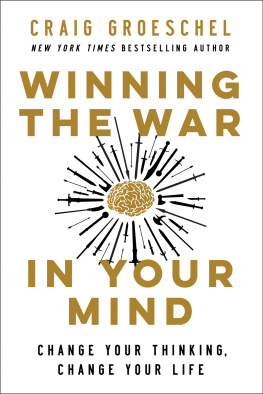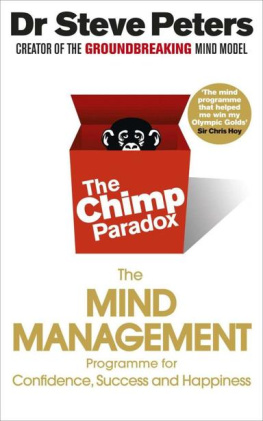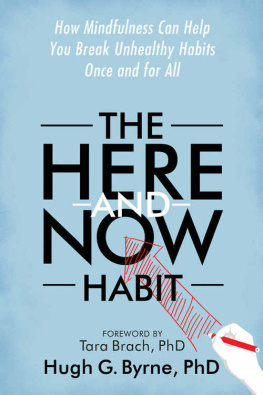Contents
Pagebreaks of the print version
The
Silent Guides
BY THE SAME AUTHOR:
The Chimp Paradox: The Mind Management Programme to Help You Achieve Success, Confidence and Happiness
Prof Steve Peters
CREATOR OF THE CHIMP MANAGEMENT MIND MODEL
The
Silent Guides
Understanding and developing the mind throughout life

Published by Lagom
An imprint of Bonnier Books UK
3.08, The Plaza,
535 Kings Road,
Chelsea Harbour,
London, SW10 0SZ
www.bonnierbooks.co.uk
Trade Paperback 9781788700016
eBook 9781788700436
All rights reserved. No part of the publication may be reproduced, stored in a retrieval system, transmitted or circulated in any form or by any means, electronic, mechanical, photocopying, recording or otherwise, without prior permission in writing from the publisher.
A CIP catalogue of this book is available from the British Library.
Designed by Envydesign Ltd
Text Mindfield Media Limited 2018
Illustrations Jeff Battista 2018
Professor Steve Peters has asserted his moral right to be identified as the author of this Work in accordance with the Copyright, Designs and Patents Act 1988.
Every reasonable effort has been made to trace copyright holders of material reproduced in this book, but if any have been inadvertently overlooked the publishers would be glad to hear from them.
The author and publisher shall have no liability or responsibility to any person or entity regarding any loss, damage or injury incurred, or alleged to have incurred, directly or indirectly, by the information contained in this book.
The Silent Guides title was chosen to depict the role that unconscious beliefs and coping strategies play in our lives. They can develop into unrecognised habits that are powerful in guiding our behaviours, emotions and thinking. This book addresses the Silent Guides that can be detected, changed or formed.
I would like to thank everyone who has offered suggestions, read passages, commented and generally been very helpful and encouraging while I wrote this book. There are too many people to mention by name, but your input was greatly appreciated. Special thanks go to Andy Varns and Jessica Radburn for their hard work in finding references and giving recommendations; to Hazel Barker, who joined them in reading and re-reading to add invaluable comments; to Jeff Battista, who patiently designed the graphics and brought to life many important points; to Natalie Jerome and the team at Bonnier Books; and finally, to all those professionals who contributed from varying backgrounds.
Contents
The first part of this book explains why we might want to consider looking at unconscious beliefs, coping strategies and habits, and offers some encouragement to the reader.
Whether you are reading this book for yourself or with a view to gaining ideas on nurturing or managing a child, it might be good to step back before you begin and get yourself into the right frame of mind. Managing yourself, or having the responsibility for nurturing and raising a child, can be challenging. I would like to offer some general encouragement, before looking at research, practical ideas and suggestions that could help.
What this book is about
After writing The Chimp Paradox, I was humbled by the response from many members of the public requesting further ideas and information on how we can use neuroscience in an accessible way. I have put some ideas forward in this book.
During our childhood, we learn to manage emotions and thinking by developing coping strategies and beliefs. These strategies and beliefs, whether helpful or unhelpful, are frequently stored in our memory and often progress into unconscious habits for life. Habits are therefore not just actions but can also be repeated beliefs. Unhelpful habits that persist into adult life usually bring stress and can be detrimental to our day-to-day functioning, psychological health and relationships. Therefore, the Silent Guides are unconscious beliefs and behaviours turned into habits that guide or automatically act to take us through life. Most importantly, we can challenge these underlying beliefs, coping strategies and habits to make sure that we have helpful Silent Guides.
This book has two themes:
To help adults to consider and understand where some of their unhealthy or destructive learnt behaviours and beliefs might have come from, and then offer ways to replace them with healthy and constructive behaviours and beliefs
To offer ideas and support to parents, teachers or carers that could help children to form healthy and constructive habits and prevent unhealthy or destructive habits from developing
Examples of helpful thinking, behaviours and habits:
Learning to apologise or say sorry effectively
Being proactive and stopping procrastination
Developing a positive outlook
Changing negative emotions into positive emotions
Seeking appropriate help
Learning to collaborate
Getting over mistakes
Examples of unhelpful thinking, behaviour and habits that can be changed:
Many unhelpful habits are not recognised as being habits. Once we recognise them as habits, we can change them. For example:
Having a negative outlook as a default position ()
Being overly self-critical and unable to forgive yourself for mistakes ()
Holding onto guilt and beating yourself up ()
Not reaching out and asking for help ()
Fearing failure and unforgiving perfectionism ()
Living with low self-esteem ()
Worrying excessively ()
Overreacting to situations ()
Generally moaning and complaining ()
Important point
We can develop helpful habits and prevent unhelpful habits from forming during childhood. We can change old habits or form new habits in our adult life.
I have written the book around childhood, but the principles that operate are the same for anyone of any age. Here is a simple example of how a childhood principle can relate to any adult. We know from research that children whose parents or teachers are overly critical can undermine a childs development and create self-doubt.[low self-esteem. Recognising the habit of unhelpful self-criticism, and changing it, can alter self-esteem.
For readers who wish to explain to a child the ideas that are covered in this book, I have also written My Hidden Chimp, a childrens educational book with graphics, exercises and activities.
Why consider habits?
As a doctor, my role is to promote both physical and psychological health. My specialist area is the working of the mind. The adversities and struggles that we often encounter as we travel through life are not usually as difficult as the internal struggles that go on inside our own minds. I have the privilege of working with people of all ages, including children, to help them to manage these internal struggles. This is a major part of my work.
From time to time, many of us have experienced stressful or painful emotions coming from internal struggles, so anything that can help to take the stress or pain away, or to prevent it, would be welcome. There are many different aspects of the mind that can be addressed and many different ways of addressing them. One feature that very frequently presents itself is an unhelpful or unconstructive habit. When I work with someone and we discover the habits that they operate with, it can make a tremendous difference to their life if they can modify, change or replace the unhelpful ones.



